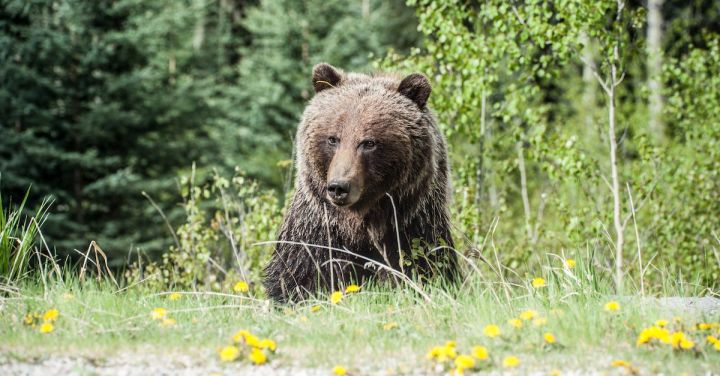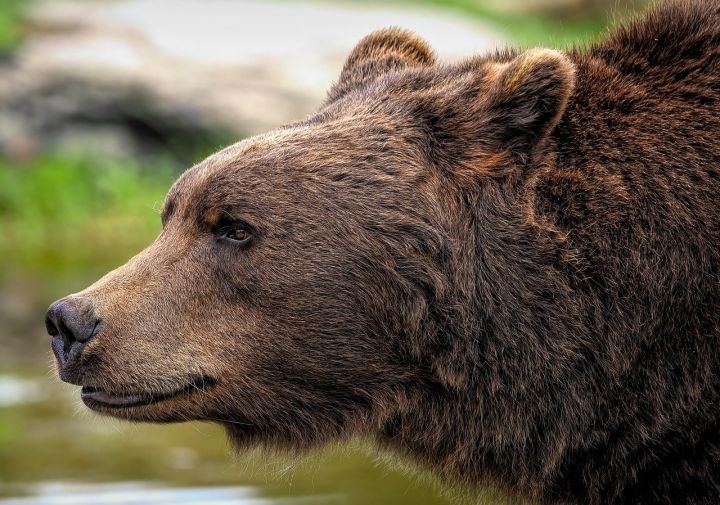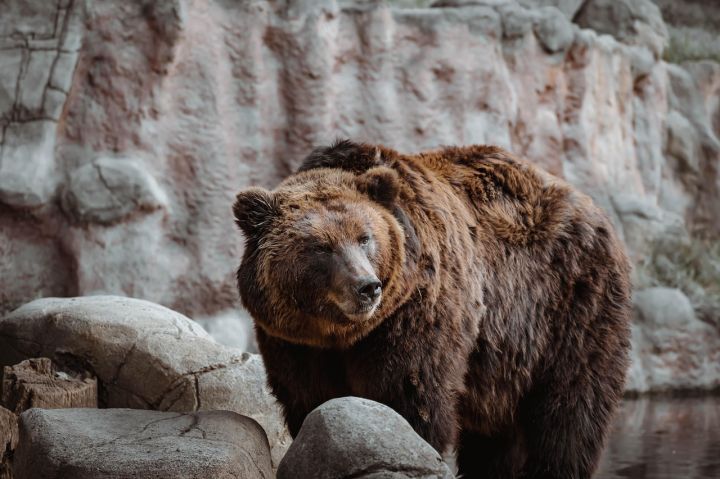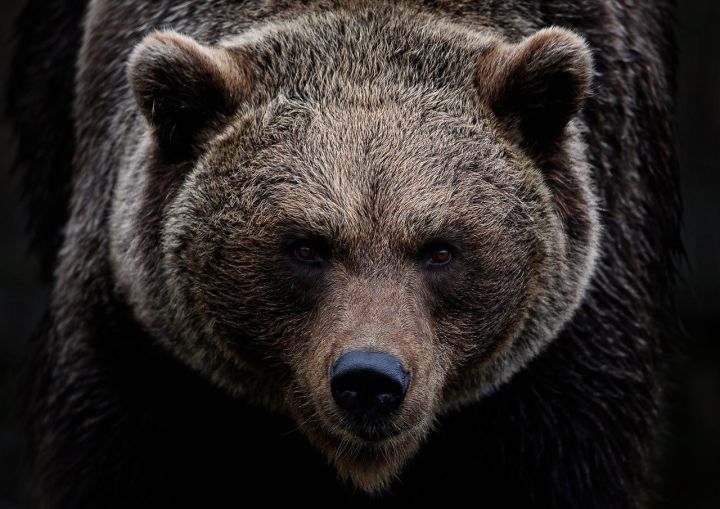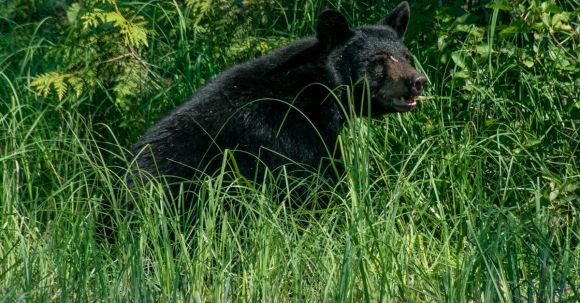Why Shouldn’t You Feed Wild Bears?
When it comes to encounters with wildlife, it’s important to remember that our actions can have serious consequences. While it may be tempting to feed wild bears, doing so can lead to detrimental effects for both humans and bears alike. In this article, we will explore the reasons why you should never feed wild bears.
Disturbing the Natural Balance
One of the main reasons why feeding wild bears is discouraged is because it disrupts the natural balance of their ecosystem. Bears have evolved to find food on their own, and by providing them with an easy meal, we upset their natural habitat. This can lead to an over-reliance on human food, which can result in bears becoming dependent on humans for survival. Furthermore, the presence of food can attract more bears to an area than it can sustain, leading to overcrowding and increased competition for resources.
Human Safety Concerns
Feeding wild bears poses a significant risk to human safety. Bears that become accustomed to human food can lose their natural fear of humans, leading to bold and aggressive behavior. This puts both humans and bears in danger, as bears may become more likely to approach humans in search of food. Encounters between humans and bears can quickly escalate into dangerous situations, with potentially life-threatening consequences. By not feeding wild bears, we help to maintain a healthy distance between humans and these powerful creatures, reducing the risk of negative interactions.
Unhealthy Diet
Feeding wild bears can also lead to serious health problems for the animals themselves. Human food is often high in calories, sugar, and unhealthy fats, which can have a detrimental impact on a bear’s health. A diet high in processed foods can lead to obesity, diabetes, and other health issues. Additionally, bears that rely on human food may not be getting the proper nutrients they need to thrive. By avoiding the temptation to feed wild bears, we allow them to follow their natural diet, which consists of berries, nuts, fish, and other foods found in their environment.
Encouraging Nuisance Behavior
Feeding wild bears can inadvertently encourage nuisance behavior. Bears that have become accustomed to human food may begin to seek it out in residential areas, causing property damage and creating a nuisance for homeowners. Bears have been known to break into homes and cars in search of food, putting both their own safety and the safety of humans at risk. By refraining from feeding wild bears, we can help prevent these unwanted and potentially dangerous encounters.
Preservation of Wildlife
Finally, not feeding wild bears is essential for the preservation of wildlife. Bears are a keystone species, meaning they play a crucial role in maintaining the health and balance of their ecosystem. By interfering with their natural behavior, we disrupt the delicate ecological relationships that exist in the wild. Bears help to disperse seeds, control populations of small mammals, and even shape the structure of forests. By allowing bears to follow their natural diet, we contribute to the preservation of the entire ecosystem.
In conclusion, feeding wild bears is a practice that should be avoided at all costs. It disrupts the natural balance of their ecosystem, poses risks to human safety, leads to an unhealthy diet for the bears, encourages nuisance behavior, and hinders the preservation of wildlife. By respecting the natural behaviors and needs of wild bears, we can ensure a safer and healthier coexistence between humans and these magnificent creatures.
